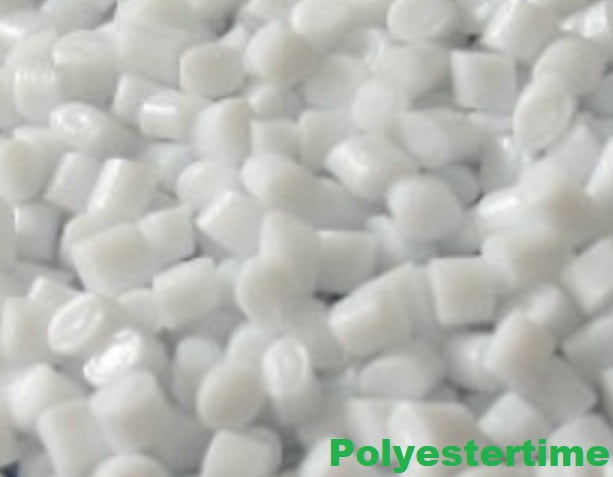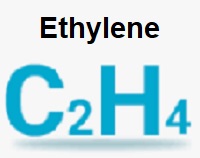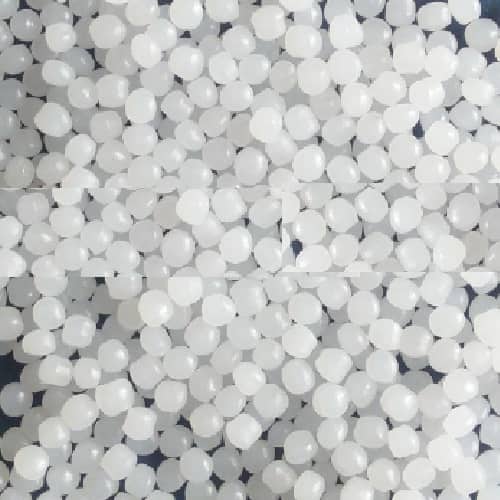PET resin Ethylene petrochemical 11-01-2022 - Arhive
PET resin Ethylene petrochemical
-PET resin supply may tighten further with to be delivered exports approaching 800kt
According to CCFGroup statistics, China PET bottle chip export order intake hit historical high in Q4 2021, at 1.08 million tons, hiking 56.5% compared with a year earlier. This is the highest quarterly figure ever since PET bottle chip started export sales. If you calculate this round of rise from the end of August and the beginning of September, the total export order intake from September to December reached a staggering 1.49 million tons, equivalent to nearly 60% of annual exports in 2020.
In fact, after intensive transaction in Sep-Oct, overseas customers have been “silent” for a while near the end of the year, hence around early Dec, some industry customers thought the export boom had finished this round.
However, driven by expectations of rising sea freight charges in 2022 and persistent shortages in overseas supply, orders from Europe and the United States before Christmas were unexpectedly good, mostly to be delivered in Q1, to ensure stable production. PET resin Ethylene petrochemical
As a result, PET bottle chip export order intake reached 380000 tons again in December, historical high for the same period in December.
In terms of 2021 delivery, it is necessary to look at the delivery condition in 2-3 months, as the export data of a single month cannot fully reflect the sales situation of that month. Since export delivery volume in Oct-Nov totaled around 710000 tons, while export order intake from Sep-Dec was 1.49 million tons, hence there is still 780kt to be delivered. It means that export proportion of total output in Q1 2022 is expected to maintain or slightly surpass 40%, forming a strong support for domestic sales.
So far as we know, shipping schedule of mainstream PET bottle chip factories mostly tends to April–May, and only few factories still offer Q1 goods. Besides, large downstream factories have purchased 800,000 tons PET resin for the first half of 2022 in advance. At present, the bottle chip factories have at least sold 1.6 million tons materials apart from the annual contract volume, and spot goods may be difficult to obtain for a period of time in the future. We’ve mentioned it before, that the extra sales is expected to sustain at 200,000-300,000 tons per month in the first quarter of 2022. PET resin Ethylene petrochemical

-CHEMICAL COCKTAILS in plastic are becoming an increasing health problem internationally
Governments should be extremely concerned about the toxicity of chemicals in plastic. Two IPEN (International Pollutants Elimination Network) studies examined pellets or nurdles, the raw materials used to manufacture all plastic products, for the presence of hazardous substances. One of the studies analysed nurdles that washed up on beaches across the world. The other study analysed the composition of nurdles that were produced from collected discarded plastic to serve as a raw material for recycled plastic. Both studies show that plastic is an important source of toxic chemical pollution. PET resin Ethylene petrochemical
IPEN’s research comes in the run up to the second part of the fifth session of the United Nations Environment Assembly – called UNEA 5.2 – at the end of February this year. The member states of the United Nations will meet next month to discuss an international plastic treaty with binding clauses. IPEN argues that the treaty should set standards on the use of chemicals in plastic and that these standards must apply to the whole plastic chain. In other words, from production through use to recycling.
10,000 CHEMICALS
It is estimated that more than 10,000 chemicals are added to plastics. Half of these are additives that give plastic the desired properties. Despite many of them being toxic, only a limited number are regulated by law. For example, it is not required to state the additives used on products. So beside the manufacturer, nobody actually knows what chemicals are used. PET resin Ethylene petrochemical
It may look like a good thing to put effort into recycling in the battle against plastic pollution, but as long as we do not know which hazardous chemicals are present in recycled plastic, using recycled plastic to produce other products is a dangerous strategy.
FLOATING TOXIC PLASTIC NURDLES
The first IPEN study, Plastic pellets found all over the world contain toxic chemicals, was carried out in collaboration with International Pellet Watch (IWP) in Tokyo. Nurdles were collected from 22 beaches around the world. These are manufacturing granules that are spilled in various ways, such as during transport, and end up in the sea. They were analysed for two groups of chemical substances: 10 benzotriazole UV (BUV) stabilisers and 13 types of polychlorinated biphenyls (PCBs). These were found in all the samples. PET resin Ethylene petrochemical
The nurdles can spread the chemicals across large distances and the researchers believe they pose a health risk to humans and the environment.

-January contract price of ethylene in Europe remained at the level of December
The contract price of ethylene in Europe for January shipments has been agreed at EUR1,272.5 per tonne, in line with the previous month’s level, ICISsaid.
The contract price was approved on the terms of FD NWE (with delivery to North-West Europe).
This contract price has been expressly confirmed by two producers and two consumers of the material, which is the minimum sufficient configuration necessary to approve the contract price of ethylene. PET resin Ethylene petrochemical
Upstream markets experienced volatility in quotations, but the average values of naphtha prices in December were still lower compared to November.
The supply of material in December decreased due to some unexpected stops of cracking installations in the region, and discounts on spot quotes disappeared for fast deliveries.
Earlier it was noted that the December contract price of ethylene in Europe decreased by EUR10 per ton compared to November – to EUR1,272.5 per ton, FD NWE.

-Bahrain kicks off ban in force on plastic bottles less than 200ml capacity
The Daily Tribune – www.newsofbahrain.com
In a bold move fighting environmental pollution, Bahrain, starting today, will not allow the usage of plastic water bottles offering less than 200 millilitres of liquid holding capacity.
According to the Testing and Metrology Directorate, the ban is on the production, distribution and import of pre-packed plastic water bottles with a volume of fewer than 200 millilitres.
The move aims at reducing the impact of plastic waste on the environment.
It also follows the November decision by UN climate summit COP26 in Glasgow, United Kingdom, to ban some of the most environmentally damaging items by June this year. PET resin Ethylene petrochemical
The decision, first published in July, had said the ban becomes effective six months after notifying it in the official gazette.
At that time, the Minister of Industry, Commerce and Tourism, Zayed bin Rashid Alzayani, said the ban doesn’t affect the production of small water bottles meant for export.
An AlAyam report quoting the Assistant Undersecretary for Domestic and Foreign Trade, Shaikh Hamad bin Salman Al Khalifa, had said the ban covers all plastic containers used to fill the water of various types, natural, gaseous, treated and sweetened. PET resin Ethylene petrochemical
Shaikh Hamad said the ministry would not also allow entry to shipments that are not free of bottles having fewer than 200 millilitres of capacity.
The new decision, he said, is also valid for local factories, which will not be allowed to supply bottles with less than 200 millilitres into markets here.

-Advanced Petrochemical net profit rise by 37% on higher PP sales
Saudi Arabia’s Advanced Petrochemical Co. has registered its highest-ever estimated annual profit since its incorporation in 2021, amid higher polypropylene (PP) sales, according to ARAB NEWS. PET resin Ethylene petrochemical
The Jubail-based company’s net profit rose by 37% to SR815 million (USD217 million), compared to SR596 million a year earlier, it said in a bourse filing.
This was mainly driven by a 51% increase in sales of PP – used to make packaging as well as a wide array of consumer products.
Total comprehensive income surged to SR985 million, up 56% year-on-year, due to unrealized gains on equity investment during the period.
The hike came despite some drawbacks including a decline in its stake in South Korean affiliate SK Advanced Co. and higher prices of propane and outsourced propylene, among other factors that led to an increase in expenses.
As MRC wrote previously, in April, 2021, Advanced Petrochemical Co. announced that it had resumed operations at two plants in Jubail, Saudi Arabia after the completion of a scheduled turnaround. Thus, operations at the company’s polypropylene (PP) plant began on 28 March, 2021, whereas operations at its propane degydranation (PDH) unit restarted on 11 April, 202. Both plants were shut for repairs on 11 March, 2021. PET resin Ethylene petrochemical
The maintenance works were implemented in line with the occupational safety and health standards, despite the COVID-19 outbreak.
We remind that SK Advanced started up a new PP plant in Ulsan, South Korea on 23 March, 2021, and managed to produce on-specification PP at this plant in the week ending 9 April, 2021.The PP unit is a joint venture between PolyMirae and SK Advanced, using the “Spheripol” process of LyondellBasell, and have an annual output of 400,000 tons/year.

PET resin Ethylene petrochemical
